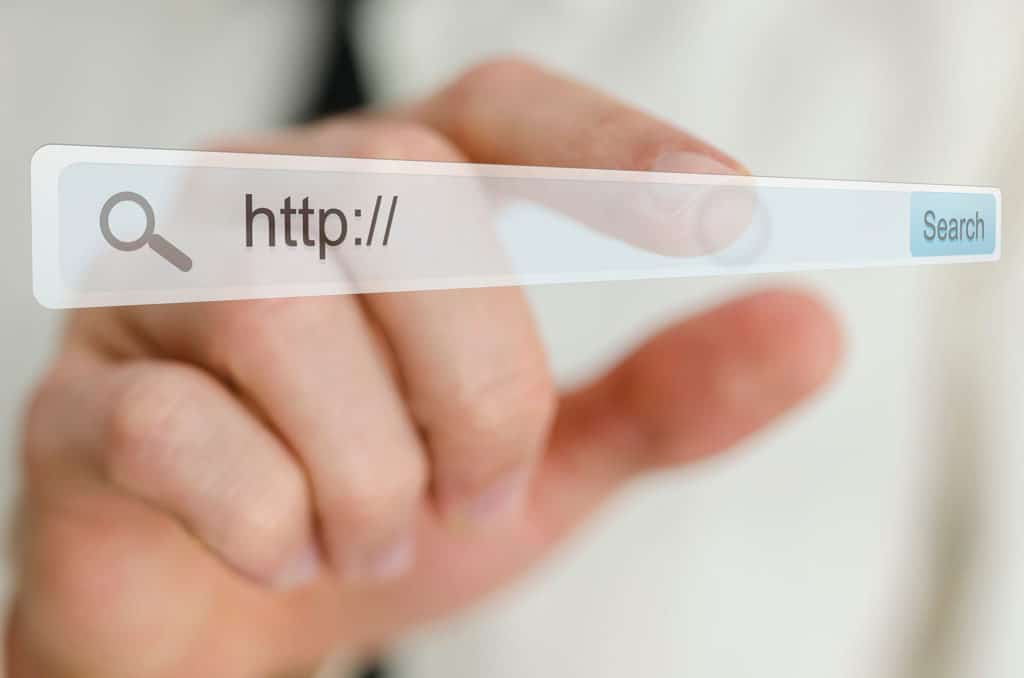optimizing web content for SEO. Forward slashes play a fundamental role in URLs, delineating paths and facilitating navigation between directories and resources. However, handling slashes in query strings poses unique challenges that require a solid understanding of URL encoding and decoding.

Table of Contents
Understanding the Role of the Forward Slash
In HTML, every character has significance, and the forward slash (/) is no exception. It serves as a structural element in URLs, helping organize content hierarchically. However, when used in query strings, it can interfere with proper URL parsing, requiring special handling.
Challenges with Forward Slashes in URLs
Issues with slashes in URL query strings often arise in:
- Web Servers: Apache and other servers must interpret and process requests accurately, making special character handling vital.
- API Integrations: API endpoints may struggle with decoding URI components, necessitating robust encoding and decoding mechanisms to preserve data integrity.
Key Concepts: ASCII, Encoding, and Backslashes
To handle slashes effectively in URLs, developers must understand:
- ASCII Characters: The foundation of URL encoding, ASCII represents characters like the forward slash.
- Percent-Encoding: Special characters like / must be encoded to avoid misinterpretation. The slash (/) is encoded as %2F.
- Backslashes: Used as escape characters in some contexts, they allow special characters to be represented accurately in strings.
Why Proper Slash Handling Matters
Incorrect handling of slashes in URLs can lead to:
- Broken Links: URLs may not resolve correctly, causing navigation issues.
- Data Processing Errors: Misinterpreted query strings can corrupt API or application functionality.
- SEO Impact: Poor user experience from broken links and errors can harm search engine rankings.

Practical Solutions for Encoding Slashes
To ensure slashes in query strings are handled correctly, they must be percent-encoded. For example:
- Incorrect: https://www.example.com/search?value=example/data
- Correct: https://www.example.com/search?value=example%2Fdata
Encoding Slashes in Popular Programming Languages
Most programming languages provide built-in functions for URL encoding. Here’s how you can encode slashes:
JavaScript:
let value = "example/data";
let encodedValue = encodeURIComponent(value);
Python:
import urllib.parse
value = "example/data"
encodedValue = urllib.parse.quote_plus(value)
Java:
import java.net.URLEncoder;
String value = "example/data";
String encodedValue = URLEncoder.encode(value, "UTF-8");
PHP:
$value = "example/data";
$encodedValue = urlencode($value);
These functions simplify encoding, ensuring special characters are correctly represented for seamless server communication.
Tips for Developers
- Leverage Community Resources: Platforms like Stack Overflow provide insights and best practices for tackling URL challenges, such as decoding slashes or writing regex patterns for parsing parameters.
- Test Your URLs: Always validate encoded URLs to confirm they function as intended and avoid potential errors.
- Follow Standards: Adhere to encoding standards to ensure compatibility across different systems and servers.

Conclusion
Passing a slash in a URL query string is a nuanced task that touches on various aspects of web development, including encoding, server configurations, and API design. By using percent-encoding (e.g., replacing / with %2F) and leveraging built-in programming functions, developers can avoid server misinterpretation and maintain secure, functional URLs.
Properly handling slashes not only prevents errors but also enhances user experience and SEO performance. With attention to detail and support from the developer community, even complex URL challenges can be navigated with confidence.
Published on: 2023-08-10
Updated on: 2025-03-28